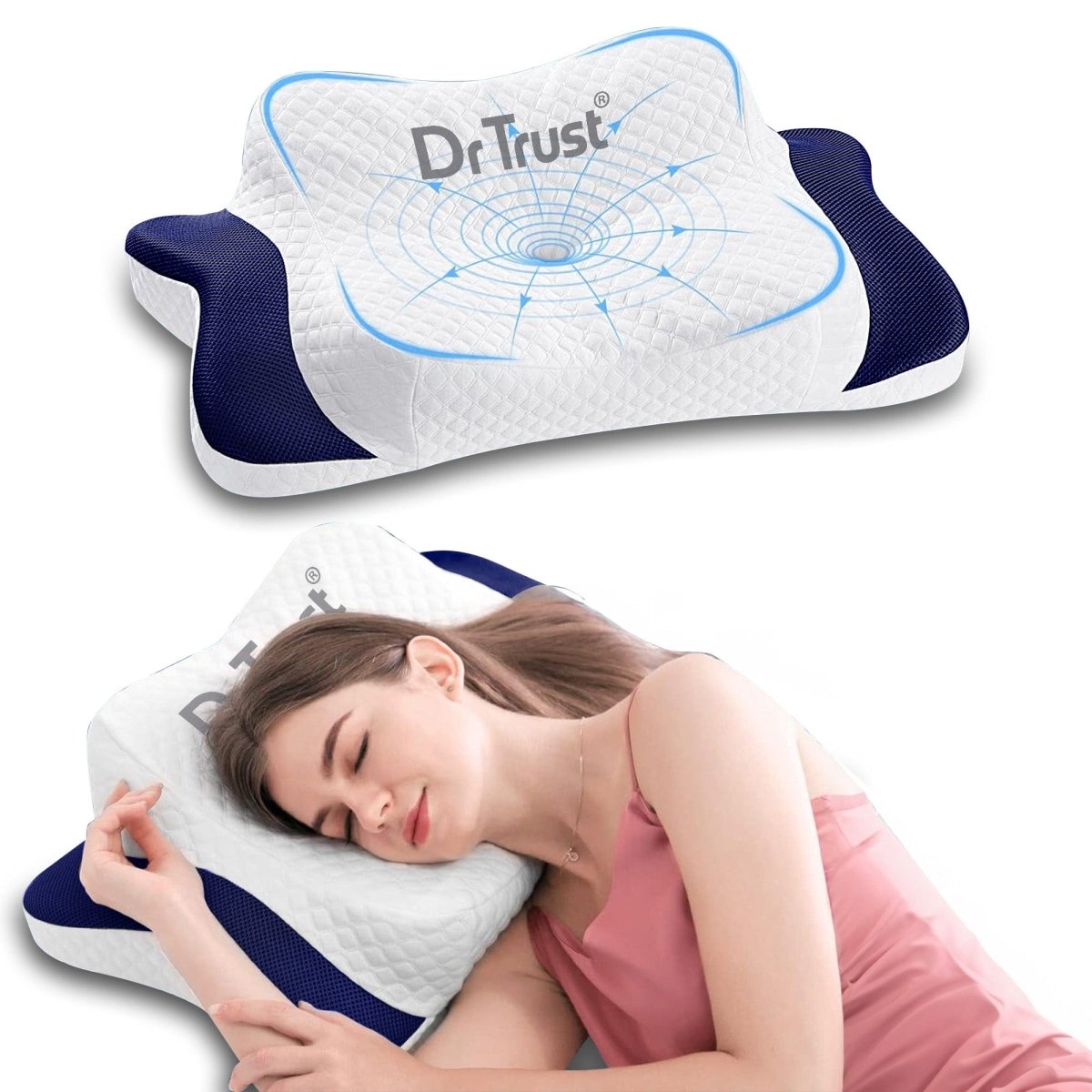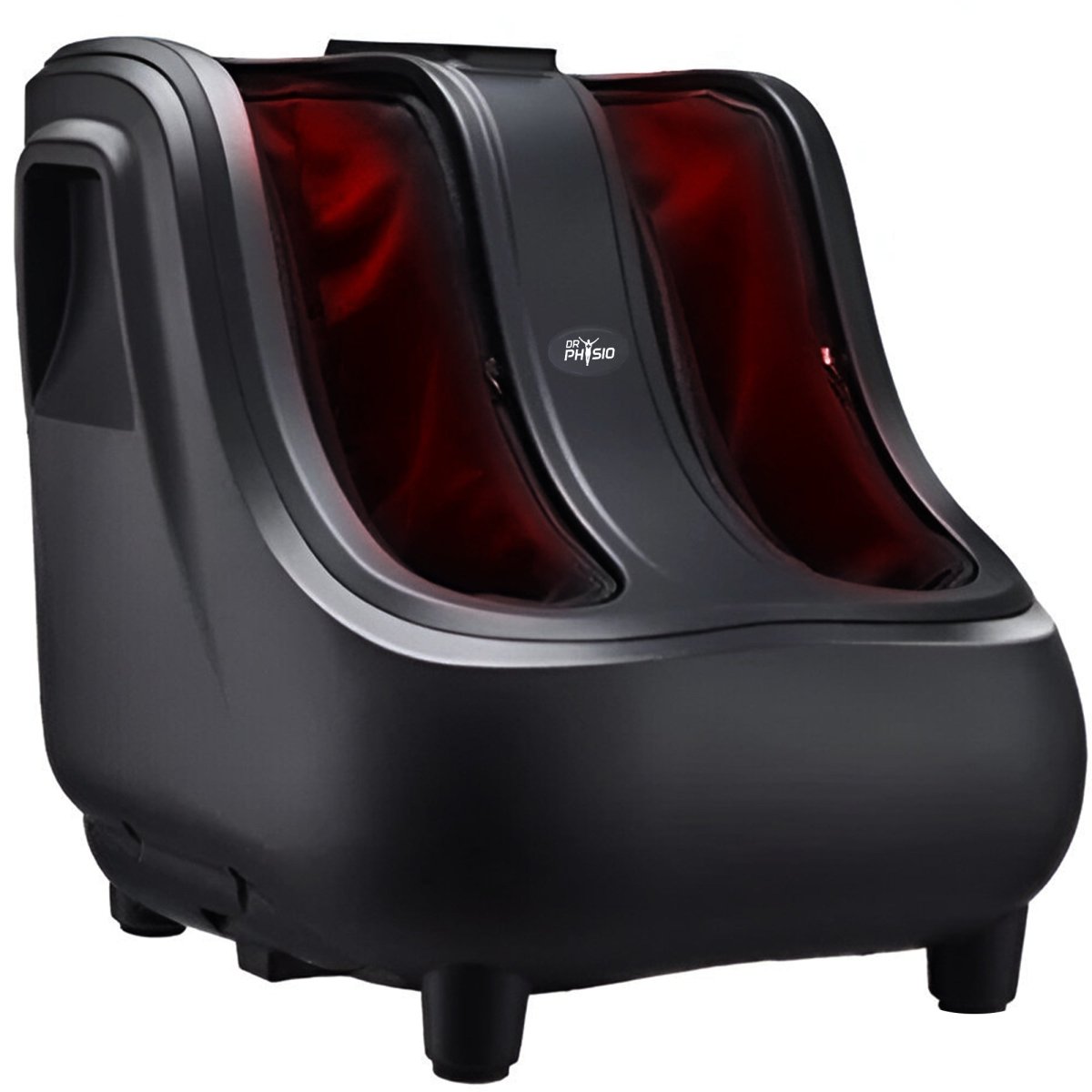MAY is recognized as Asthma Awareness Month. It is a time dedicated to raising awareness about asthma, educating the public about its causes, symptoms, and management, and promoting better asthma control and quality of life for individuals with asthma.
Asthma is a chronic respiratory condition that affects the airways and can cause symptoms such as wheezing, coughing, chest tightness, and shortness of breath. While nebulizers are commonly used to deliver bronchodilators and corticosteroids, which are medications that help open up the airways and reduce inflammation in the lungs. The mist generated by the nebulizer allows the medication to reach deeper into the respiratory system, providing relief and improving breathing. It is important to understand asthma triggers, take preventive measures, and follow appropriate treatment plans to effectively manage the condition.

Let's explore some common myths and misinformation about asthma and nebulization:
Asthma Myths and Facts
Myth 1: Asthma is just a childhood condition, and people outgrow it.
Fact: Asthma can occur at any age, and while symptoms may improve or disappear in some individuals during adolescence or adulthood, asthma is a lifelong condition. It is important for individuals with asthma to continue monitoring their symptoms and follow their treatment plans as advised by healthcare professionals.
Myth 2: Asthma medications are addictive.
Fact: Asthma medications, particularly inhalers, are not addictive. They are designed to manage and control asthma symptoms by reducing airway inflammation and opening up the air passages. These medications are safe and essential for proper asthma management.
Myth 3: Asthma is purely psychological or "all in the head."
Fact: Asthma is a real medical condition that affects the airways and can cause significant respiratory symptoms. While emotional factors or stress can sometimes trigger asthma symptoms or make them worse, asthma itself is not solely a psychological condition.
Myth 4: People with asthma should avoid exercise.
Fact: Exercise is generally beneficial for individuals with asthma. In fact, regular physical activity can improve lung function and overall fitness. People with exercise-induced asthma can work with their healthcare providers to develop an asthma management plan that includes appropriate pre-exercise medication use and warm-up routines.
Myth 5: Asthma is contagious.
Fact: Asthma is not contagious. It is a non-communicable chronic condition that can have genetic and environmental triggers. It cannot be passed from person to person through physical contact or exposure.
Myth 6: Asthma attacks only happen during physical activity.
Fact: While exercise-induced asthma is common, asthma attacks can occur at any time, even during periods of rest or sleep. Asthma attacks can be triggered by various factors, including allergens, irritants, respiratory infections, or exposure to triggers specific to an individual.
Nebulization Myths and Facts
Myth 1: Nebulizers cure asthma.
Fact: Nebulizers do not cure asthma. They are a tool used to manage asthma symptoms and provide relief. Asthma is a chronic condition that requires ongoing management, including medication, trigger avoidance, and a comprehensive treatment plan. Nebulizers deliver medication directly to the airways, but they do not eliminate the underlying inflammation and airway hyperresponsiveness associated with asthma.
Myth 2: Using a nebulizer frequently leads to dependence or addiction.
Fact: Nebulizers do not lead to dependence or addiction. They are a delivery method for asthma medications and are safe when used as prescribed. The medications used in nebulizers are not addictive substances. It's important to follow the prescribed treatment plan, including the frequency and dosage of nebulizer use, as recommended by healthcare professionals.
Nebulizers use process typically involved placing the medication in the medicine chamber, attaching the mouthpiece or mask, and inhaling the mist generated by the machine.
Myth 3: Nebulizers always provide immediate relief during an asthma attack.
Fact: While nebulizers can provide quick relief during an asthma attack, the speed of response can vary depending on the severity of the attack and individual response to the medication. It's crucial to seek emergency medical assistance if experiencing a severe asthma attack. Proper asthma management involves a combination of preventive medications and quick-relief medications to effectively control symptoms and reduce the frequency of asthma attacks.
Myth 4: Nebulizers are only needed for severe asthma cases.
Fact: Nebulizers can be beneficial for individuals with various levels of asthma severity. They can be used for both mild and severe cases, depending on individual needs and healthcare provider recommendations. The decision to use a nebulizer is based on factors such as medication delivery preferences, age, ability to use inhalers effectively, and severity of symptoms.
Dr Trust Nebulizers are relatively simple to use, making them suitable for people of all ages, including young children and the elderly.
It's important to rely on accurate and up-to-date information about asthma from reputable sources dedicated to respiratory health. This helps dispel myths and misconceptions, promoting a better understanding of asthma and its management.












